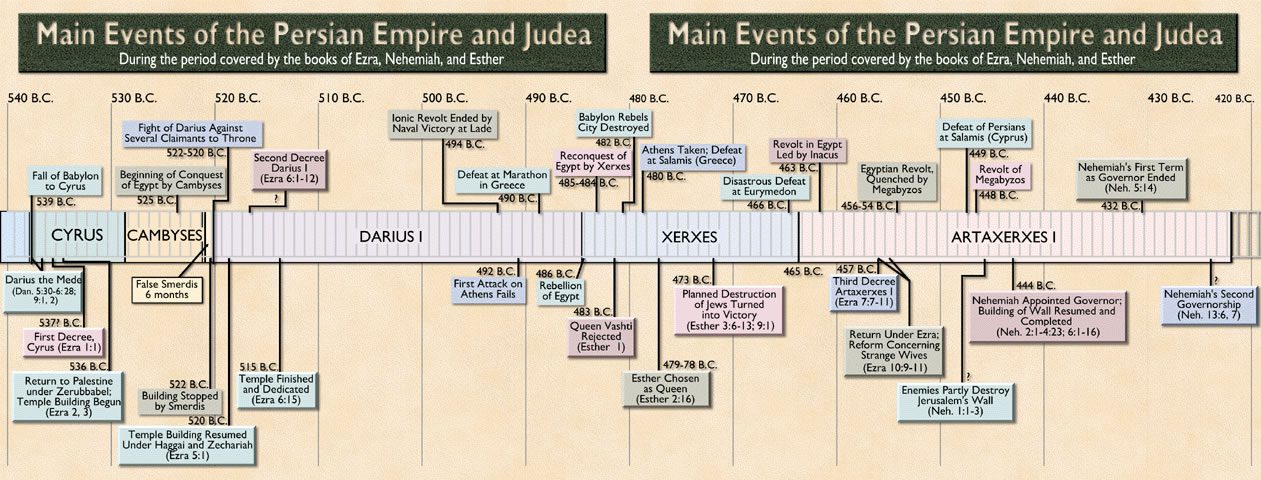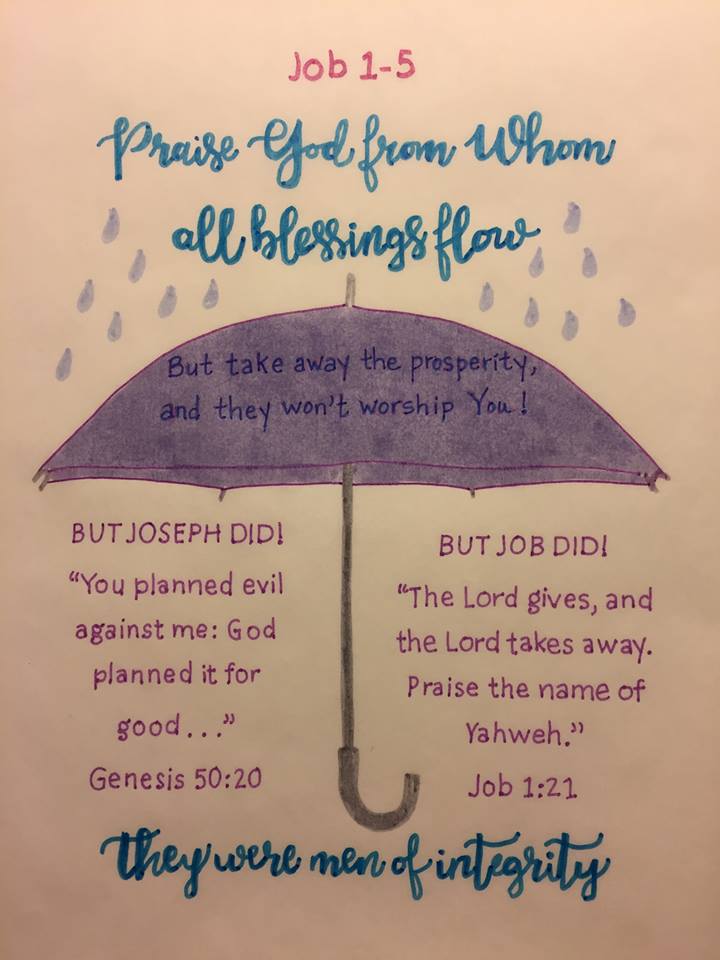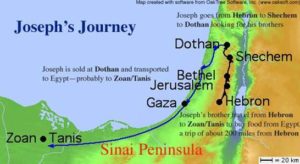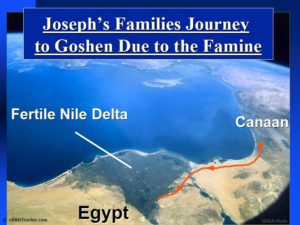Temptation: “Did God really say…?”
Genesis 3:
The Temptation and the Fall
3 Now the serpent was the most cunning of all the wild animals that the Lord God had made. He said to the woman, “Did God really say, ‘You can’t eat from any tree in the garden’?”
Here it begins, original sin.
I might have easily named this series, ‘Temptation Before Disobedience,’ yet we shall not fall into this pit. Rather than taking the more traveled path of placing blame on the already-fallen Satan, we shall examine the progression of our own disobedience to God.
Genesis 2:17 .. but you must not eat from the tree of the knowledge of good and evil, for on the day you eat from it, you will certainly die.”
One point of my previous post, knowledge of good and evil comes to man with overwhelming responsibility, as well as consequence for sin. Returning to Genesis 3 and Satan’s temptation for man’s disobedient fall:
“In fact, God knows that when you eat it your eyes will be opened and you will be like God, knowing good and evil.” – Genesis 3:5
So yes, we know of good and evil independently of obedience to God. Yet are we like God?
In so many ways this frail, fallen flesh created in God’s imagine no longer reflects the Lord’s righteousness. Each reflection of our sin clouds the clarity of the Lord’s gleaming glory.

And the Lord said of creation, “It is good;” yet in so many ways since man’s temptation to judge good and evil, it is not so good.
Before we proceed past original sin, let’s briefly consider the relationship between Adam and Eve with the Lord prior to their temptation.
God in the Garden Paradise
No one has ever seen God. – John 1:18
Image yourself as Adam if you are a man, or as Eve if you are a woman, walking in paradise with the Living God. (You have not yet sinned.)
Can you describe your personal relationship with the One who has created you and walks with you in Eden? What is the Lord like?
He was with God in the beginning. All things were created through him, and apart from him not one thing was created that has been created. – John 1:2-3
In this paradise of Eden, the Person of the Lord seems to nurture a newborn existence in a vast and wonderful place.
Colossians 1:
15 He is the image of the invisible God,
the firstborn over all creation.
16 For everything was created by Him,
in heaven and on earth,
the visible and the invisible…
17 He is before all things,
and by Him all things hold together.
John 1:1
In the beginning was the Word, and the Word was with God, and the Word was God.
How would Adam or Eve described God before the fall?
The Creator walks with us! He IS the image of the invisible God in whose image we are also created. The Lord is not an angel (though some later descriptions call Him ‘The Angel of the Lord’). God is a loving Person, a Father if you will, to both of us.
But then… we both sinned…
7 “Then the eyes of both of them were opened,” Moses records. It’s not that they were literally blind, but by their new-found knowledge they now saw, heard and realized things they never needed to know.
Eyes Opened to our Sin
We heard the sound of the Lord God walking in the garden at the time of the evening breeze, and we hid from the Lord God among the trees of the garden. We were naked. Although we had always been naked, something told us that no one else should see us that way, so we clothed ourselves with leaves.
We heard the familiar voice of the Lord:
“Where are you?”
We had never hidden from Him. Adam called out from behind the trees for both of us:
10 And he said, “I heard You in the garden and I was afraid because I was naked, so I hid.”
“Who told you that you were naked? Did you eat from the tree that I commanded you not to eat from?”
Of course… we had.
And somehow we knew that it was wrong. Never before had we ever considered that anything we had done had been either right or wrong. We just did it and lived with great joy in paradise.
Well, you know the rest. Excuses, punishment for our disobedience…
We then began our schooling in the differences between blessing and curse. But now it was too late, for we could not go back to the Paradise where we had lived in overflowing joy with the Lord God.
When the Lord had blessed us He had commanded, “Be fruitful, multiply, fill the earth, and subdue it.” Now beyond Eden these words to fill the earth, and subdue it seem burdensome rather than a blessing. And the Lord has said that we now have only a lifetime to begin that which once seemed timeless.
The Lord says that we now have eyes to see and ears to hear what is good and what is evil. Be careful to do all that is good and shun what is evil He has said.
How long, O Lord, until you will return us to your glory? More than a lifetime?
And what must it be like to first return to the dust…
To be continued…






 26 Then Judah said to his brothers, “What profit is it if we kill our brother and conceal his blood? 27 Come, let us sell him to the Ishmaelites, and let not our hand be upon him, for he is our brother, our own flesh.” And his brothers listened to him. 28 Then Midianite traders passed by. And they drew Joseph up and lifted him out of the pit, and sold him to the Ishmaelites for twenty shekels of silver. They took Joseph to Egypt.
26 Then Judah said to his brothers, “What profit is it if we kill our brother and conceal his blood? 27 Come, let us sell him to the Ishmaelites, and let not our hand be upon him, for he is our brother, our own flesh.” And his brothers listened to him. 28 Then Midianite traders passed by. And they drew Joseph up and lifted him out of the pit, and sold him to the Ishmaelites for twenty shekels of silver. They took Joseph to Egypt.
 Yet Joseph, a slave in Egypt promoted to the palace, becomes a type of redeemer for the people of the lands he loved. Yes, the lands Joseph loved – both Goshen, a state of Egypt where the Lord would multiply the Hebrew people, and a promised land along the Jordan from which he unwillingly emigrated.
Yet Joseph, a slave in Egypt promoted to the palace, becomes a type of redeemer for the people of the lands he loved. Yes, the lands Joseph loved – both Goshen, a state of Egypt where the Lord would multiply the Hebrew people, and a promised land along the Jordan from which he unwillingly emigrated.